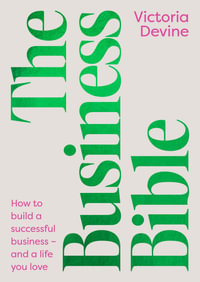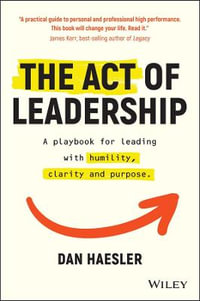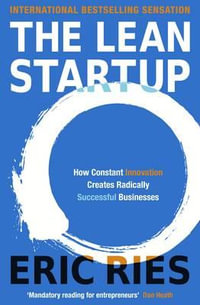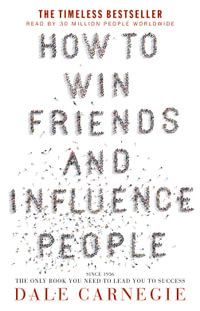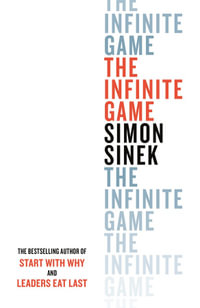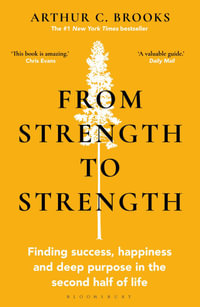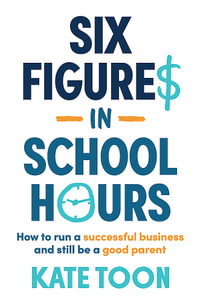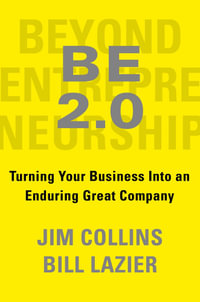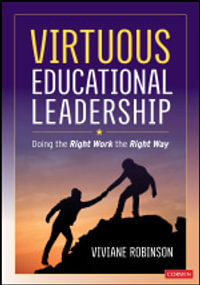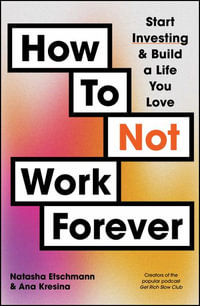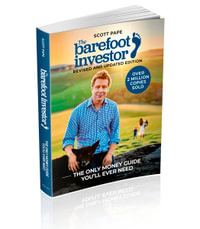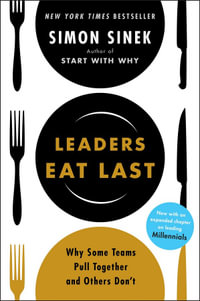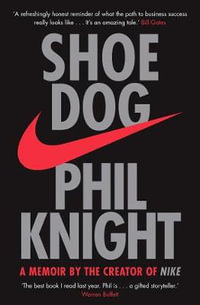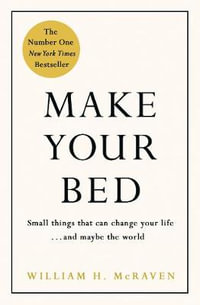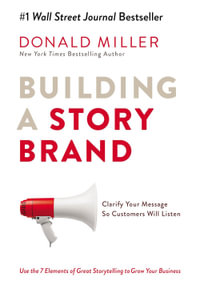When asked to define the ideal leader, many would emphasize traits such as intelligence, toughness, determination, and vision the qualities traditionally associated with leadership. Often left off the list are softer, more personal qualities but they are also essential. Although a certain degree of analytical and technical skill is a minimum requirement for success, studies indicate that emotional intelligence may be the key attribute that distinguishes outstanding performers from those who are merely adequate.
Psychologist and author Daniel Goleman first brought the term "emotional intelligence" to a wide audience with his 1995 book of the same name, and Goleman first applied the concept to business with a 1998 classic Harvard Business Review article. In his research at nearly 200 large, global companies, Goleman found that truly effective leaders are distinguished by a high degree of emotional intelligence. Without it, a person can have first-class training, an incisive mind, and an endless supply of good ideas, but he or she still won't be a great leader.
The chief components of emotional intelligence self-awareness, self-regulation, motivation, empathy, and social skill can sound unbusinesslike, but Goleman found direct ties between emotional intelligence and measurable business results. The Harvard Business Review Classics series offers you the opportunity to make seminal Harvard Business Review articles a part of your permanent management library. Each highly readable volume contains a groundbreaking idea that continues to shape best practices and inspire countless managers around the world and will have a direct impact on you today and for years to come.
About the Author
Daniel Goleman is the coauthor of the acclaimed business bestseller Primal Leadership and author of the international bestsellers Emotional Intelligence, Working with Emotional Intelligence, and Social Intelligence. His latest books are What Makes a Leader: Why Emotional Intelligence Matters and The Triple Focus: A New Approach to Education. He was a science reporter for the New York Times, was twice nominated for the Pulitzer Prize, and received the American Psychological Association's Lifetime Achievement Award for his media writing.

